
Honorary professorships awarded for excellence in teaching
John Tarduno has been awarded the William R. Kenan, Jr. Professorship, and Thomas Eickbush and James Zavislan are recipients of the Mercer Brugler Distinguished Teaching Professorship.
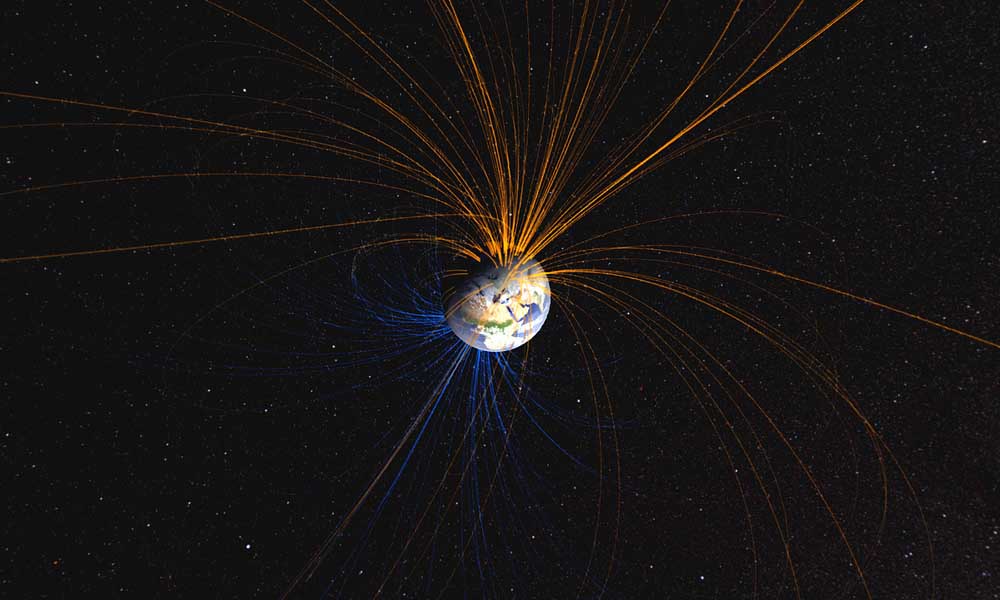
Earth’s magnetic field fluctuations explained by new data
Using new data gathered from sites in southern Africa, researchers have extended their record of Earth’s magnetic field back thousands of years to the first millennium.

Tarduno awarded medal for paleomagnetic research
The European Geosciences Union awarded its 2017 Petrus Peregrinus Medal to John Tarduno, a professor of geophysics, in recognition of his research on the evolution of the early Earth’s magnetic field.

Earth’s magnetic field—reversing or fluctuating?
For the last 160 years, the Earth’s magnetic field has been weakening. In an essay shared on Newsweek, professor John Tarduno explains archaeomagnetism research, in which geophysicists team up with archaeologists to study the effects of these changes.

New prehistoric bird species discovered
A team of Rochester geologists has discovered a new species of bird in the Canadian Arctic. At approximately 90 million years old, the bird fossils are among the oldest avian records found in the northernmost latitude.
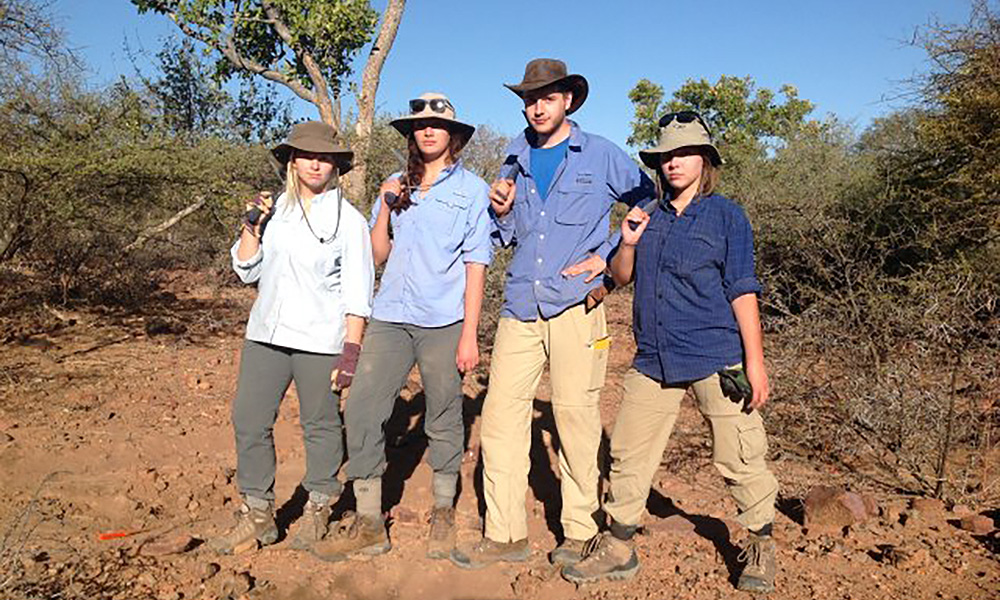
Searching for more insights on Earth’s magnetic field
Geophysicist John Tarduno has taken a group of students to Africa and Australia this summer to continue his groundbreaking work on the strength and direction of Earth’s magnetic field. The students are live-tweeting from their research sites, sending photos from the field.
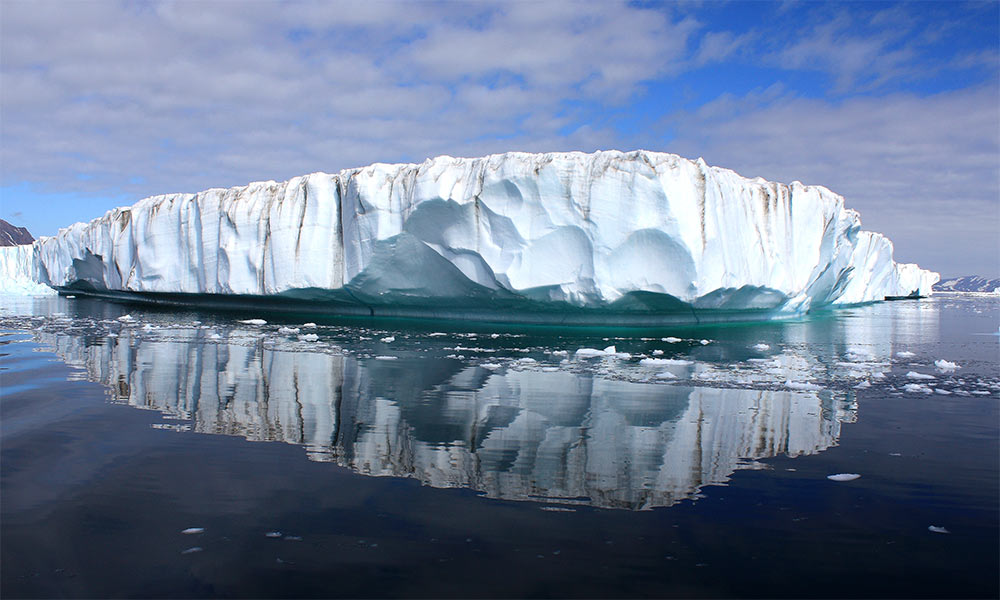
International research team to explore whether the loss of CO2 caused earth to cool 3 million years ago
The National Science Foundation (NSF) has awarded $4.24 million to Carmala Garzione and John Tarduno, both professors of earth and environmental sciences, to launch this joint U.S.-China research project.
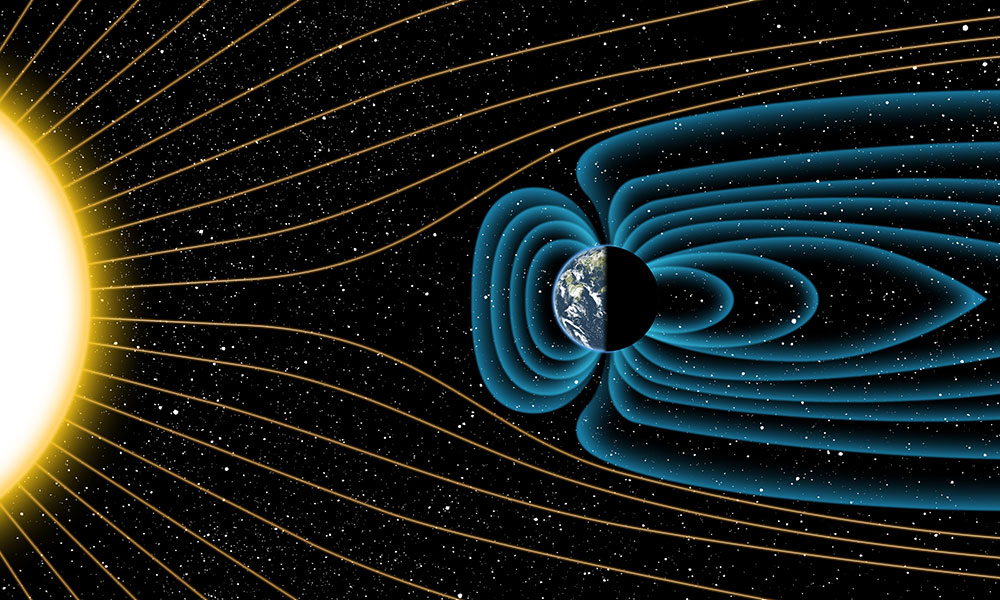
Researchers find that Earth’s magnetic shield is 500 million years older than previously thought
Since 2010, the best estimate of the age of Earth’s magnetic field has been 3.45 billion years. But now the Rochester researcher responsible for that finding has new data showing the magnetic field is far older.
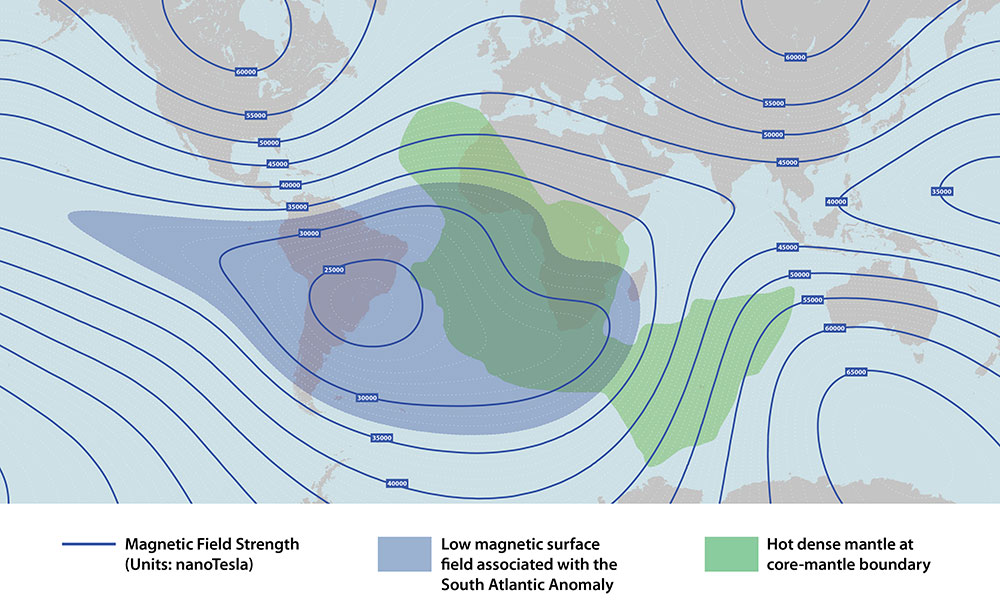
First measurements taken of South Africa’s iron age magnetic field history
Combined with the current weakening of Earth’s magnetic field, the data suggest that the region of Earth’s core beneath southern Africa may play a special role in reversals of the planet’s magnetic poles.
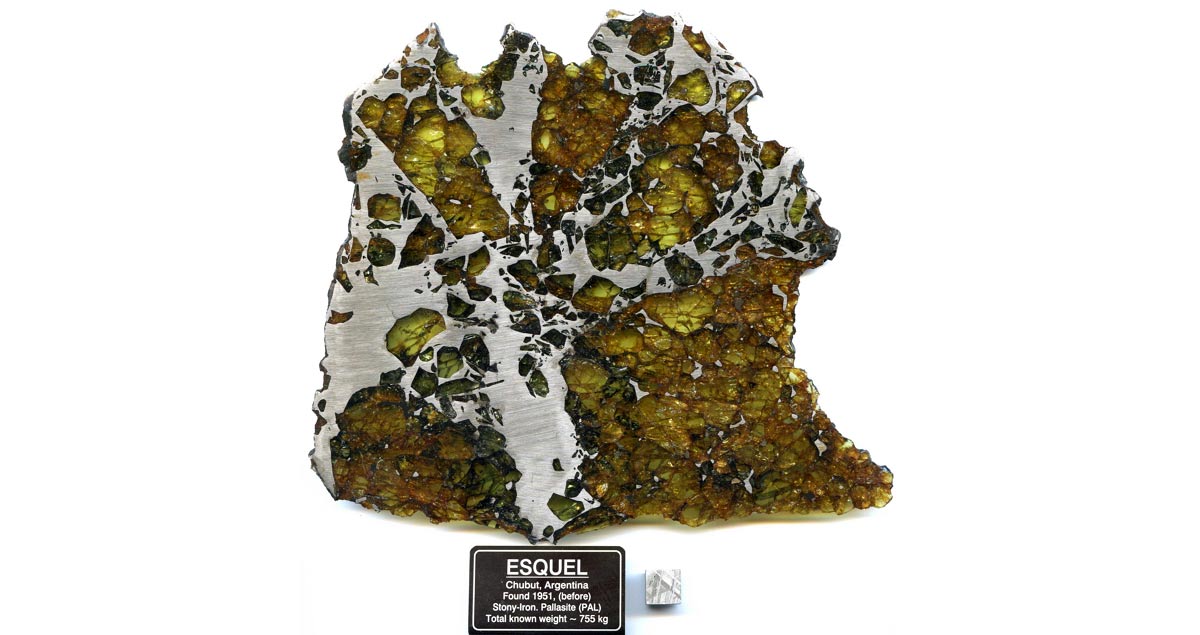
“Space Gems” Share a Dramatic Origin Story
These meteorites, or pallasites, were likely formed when a smaller asteroid crashed into a planet-like body about 30 times smaller than earth.
